在Wordpress站点的开发过程中,wordpress默认的两种内容类型:文章、页面,可能没办法满足我们的需求,这时候我们就需要使用到自定义的内容类型了,Wordpress自定义内容类型扩展了wordpress的内容形式,让wordpress的内容不再拘泥于文章和页面,让开发人员在进行开发时更加灵活。通过下面的代码您就可以创建一个自定义的内容类型了。
//添加案例自定义文章格式
function media_post_type_movie() {
$labels = array(
'name' => '案例',
'singular_name' => '案例',
'add_new' => '添加案例',
'add_new_item' => '添加案例信息',
'edit_item' => '编辑案例信息',
'new_item' => '新案例',
'all_items' => '所有案例',
'view_item' => '查看案例',
'search_items' => '搜索案例',
'not_found' => '没找到案例资料',
'not_found_in_trash' => '回收站里没找到案例信息',
'menu_name' => '案例'
);
$args = array(
'public' => true,
'labels' => $labels,
'menu_position' => 5,
// 'taxonomies' => array('category','post_tag'),
'taxonomies' => array('post_tag'),
'supports' => array( 'title', 'editor', 'thumbnail', 'revisions' ),
'menu_icon' => 'dashicons-format-video',
'has_archive' => true,
'rewrite' => array( 'slug' => 'media', 'with_front' => false ),
);
register_post_type( 'media', $args );
}
add_action( 'init', 'media_post_type_movie' );
function media_updated_messages( $messages ) {
global $post, $post_ID;
$messages['media'] = array(
0 => '',
1 => sprintf( __('案例已更新,<a href="%s">点击查看</a>'), esc_url( get_permalink($post_ID) ) ),
2 => __('自定义字段已更新。', 'iwilling'),
3 => __('自定义字段已删除。', 'iwilling'),
4 => __('案例已更新。', 'iwilling'),
5 => isset($_GET['revision']) ? sprintf( __('案例恢复到了 %s 这个修订版本。'), wp_post_revision_title( (int) $_GET['revision'], false ) ) : false,
6 => sprintf( __('案例已发布,<a href="%s">点击查看</a>'), esc_url( get_permalink($post_ID) ) ),
7 => __('案例已保存', 'iwilling'),
8 => sprintf( __('案例已提交, <a target="_blank" href="%s">点击预览</a>'), esc_url( add_query_arg( 'preview', 'true', get_permalink($post_ID) ) ) ),
9 => sprintf( __('案例发布于:<strong>%1$s</strong>, <a target="_blank" href="%2$s">点击预览</a>'),
date_i18n( __( 'M j, Y @ G:i' ), strtotime( $post->post_date ) ), esc_url( get_permalink($post_ID) ) ),
10 => sprintf( __('案例草稿已更新,<a target="_blank" href="%s">点击预览</a>', 'iwilling'), esc_url( add_query_arg( 'preview', 'true', get_permalink($post_ID) ) ) ),
);
return $messages;
}
add_filter( 'post_updated_messages', 'media_updated_messages' );解说:
menu_position是指内容类型在wordpress所处的位置
taxonomies是指本内容类型是不是支持默认的分类、标签等
supports本内容类型支持的内容元素:标题、编辑器、缩略图、历史版本等
menu_icon是指在后台的图标样式
has_archive是指是否有存档

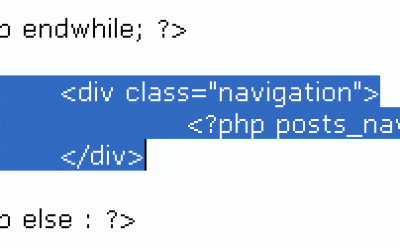
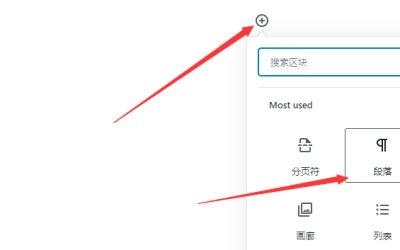
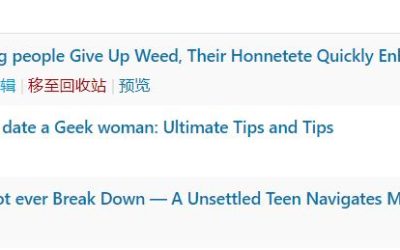

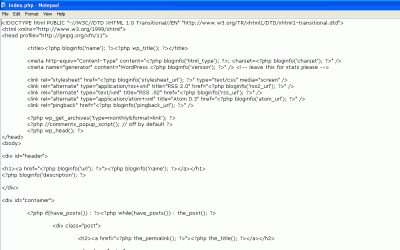
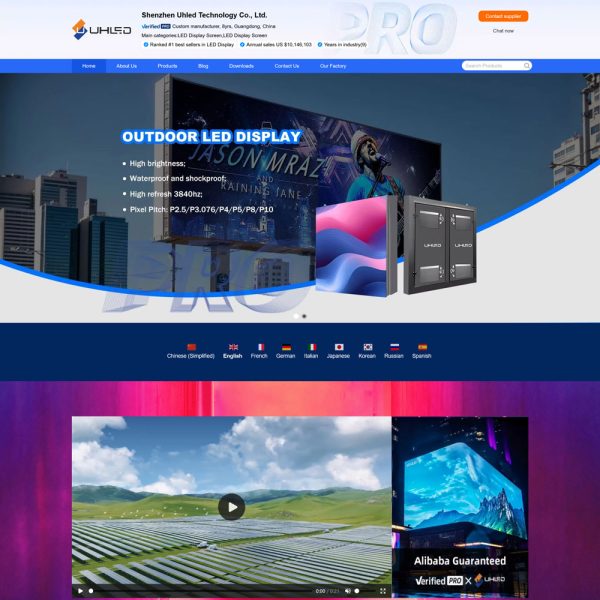
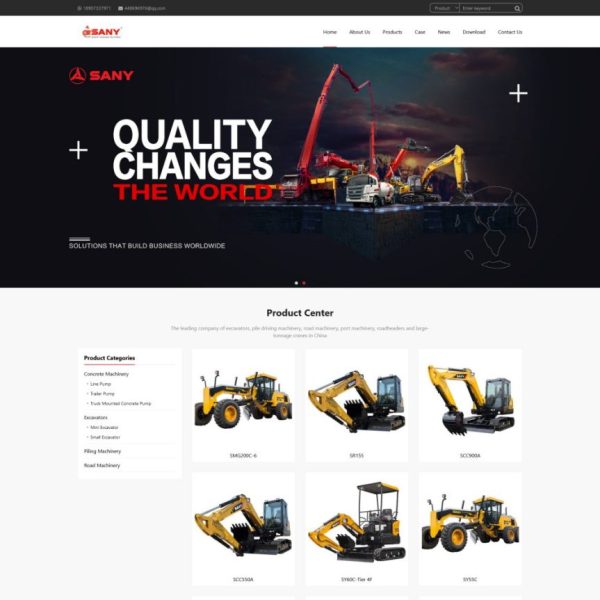
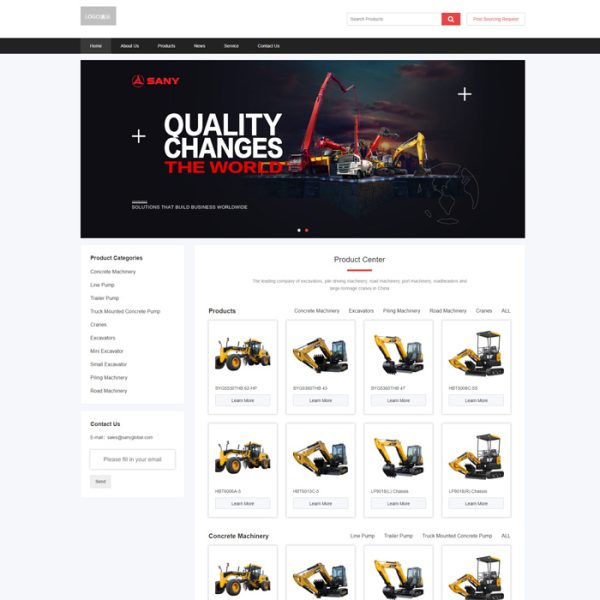
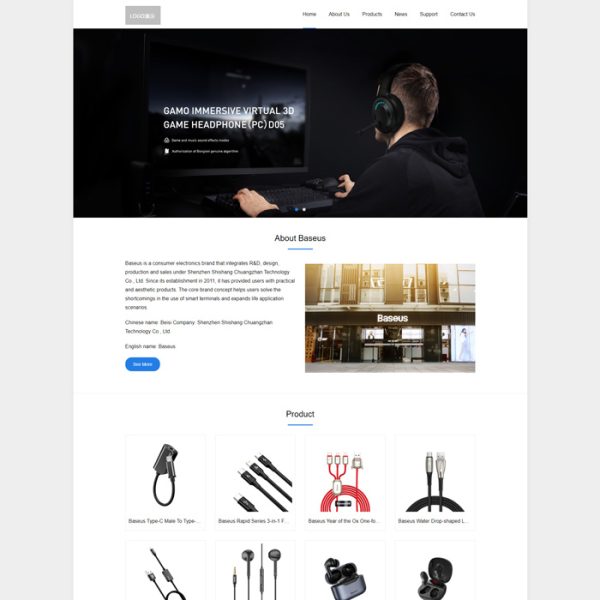
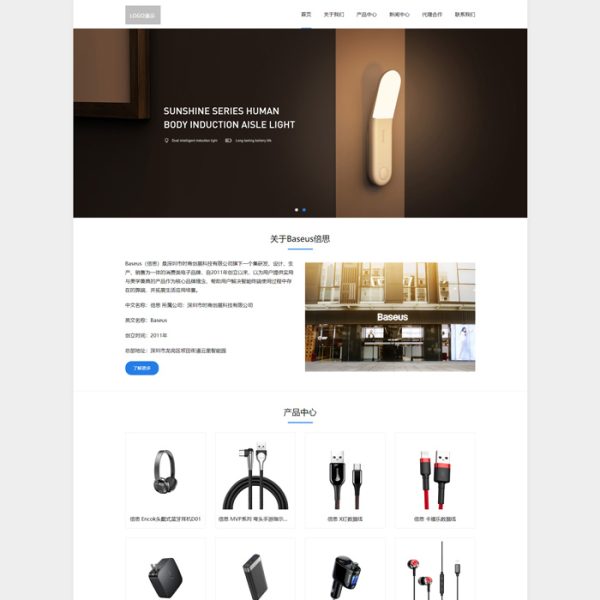
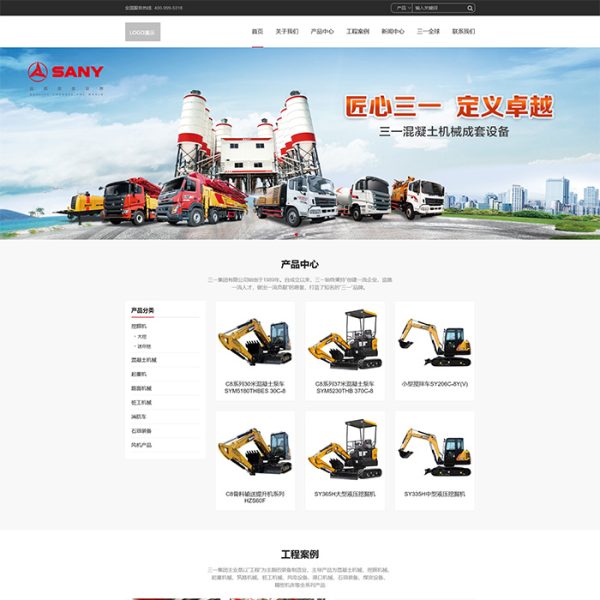

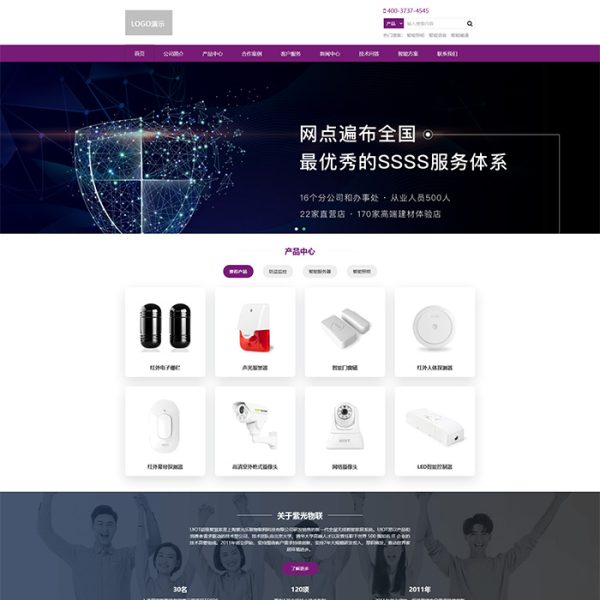
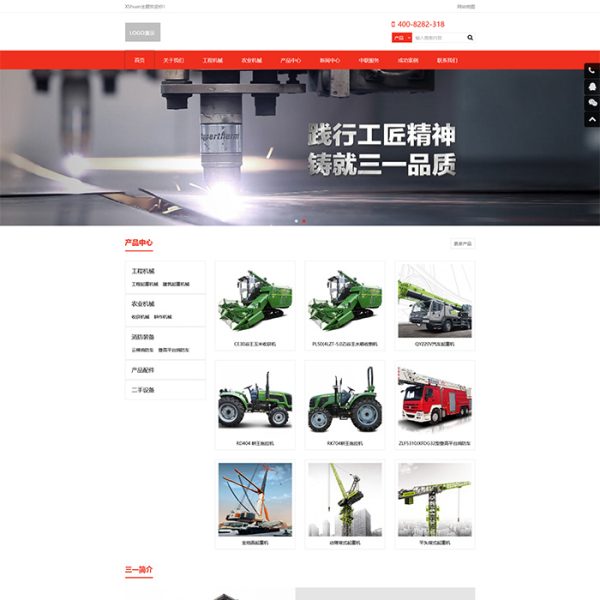
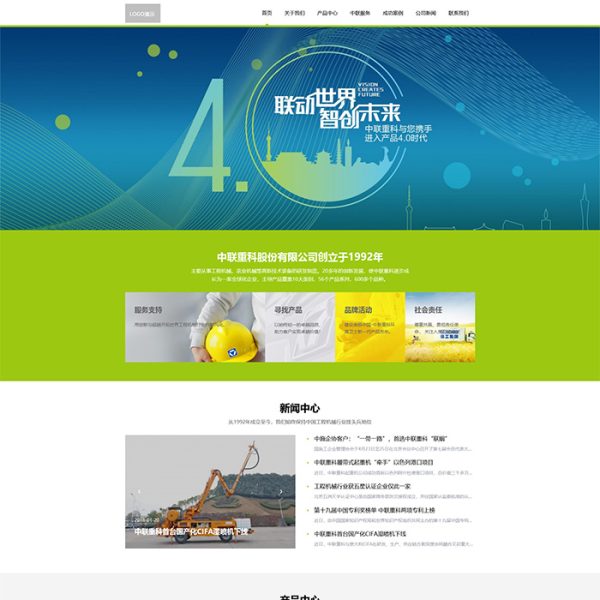

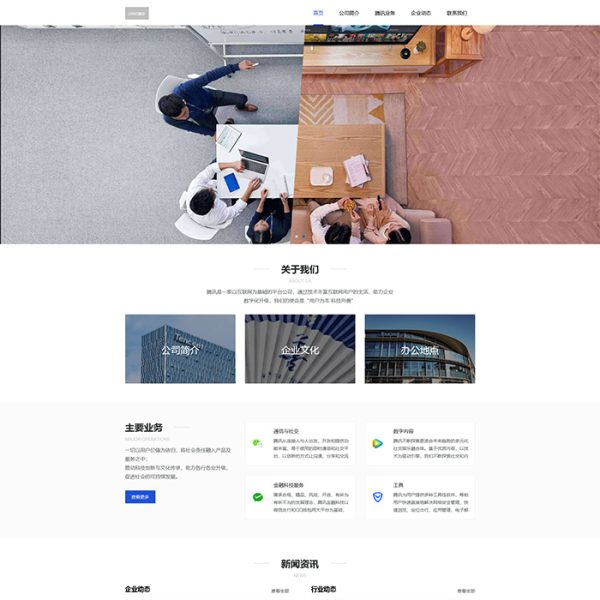
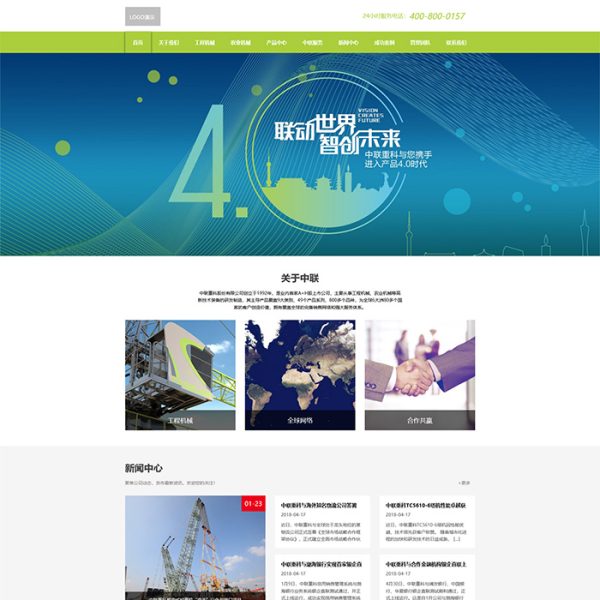
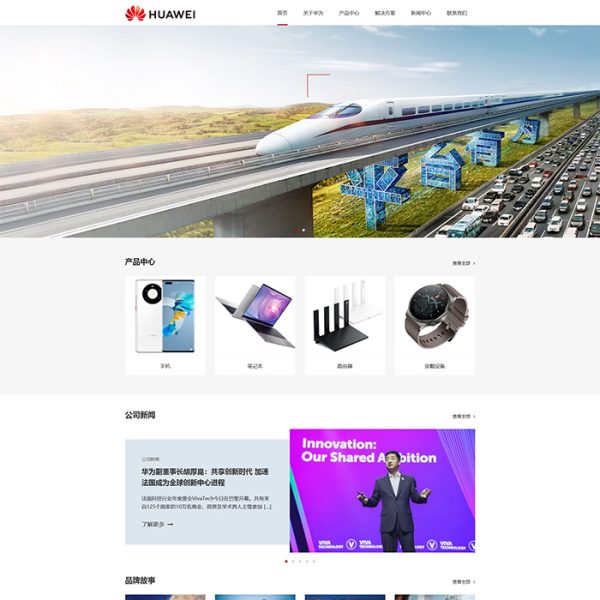
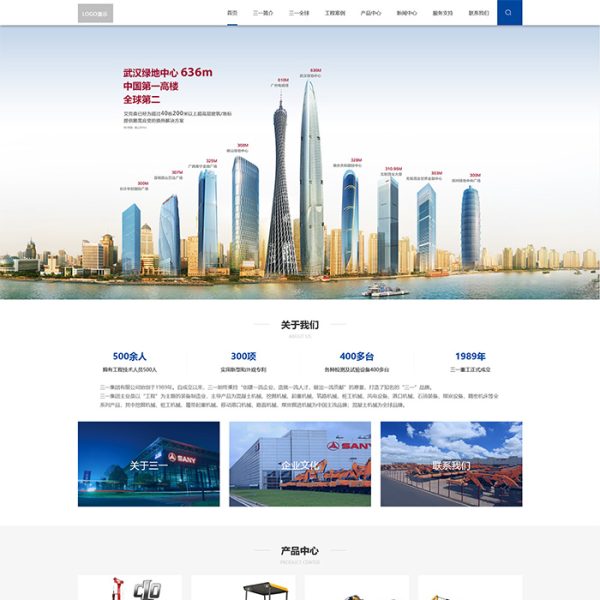
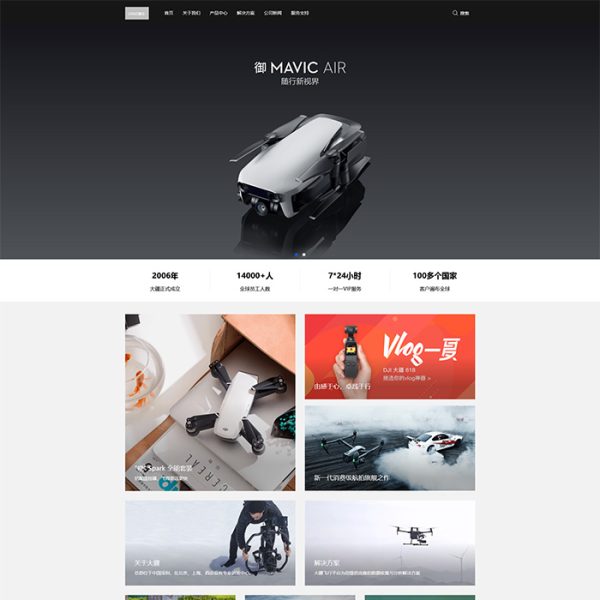
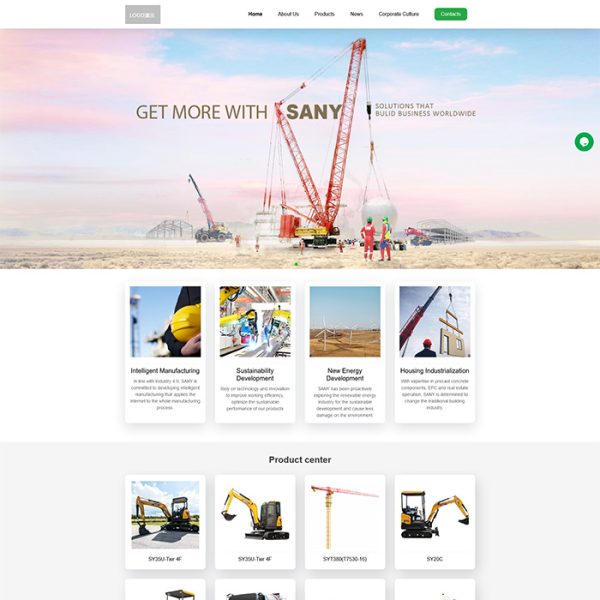


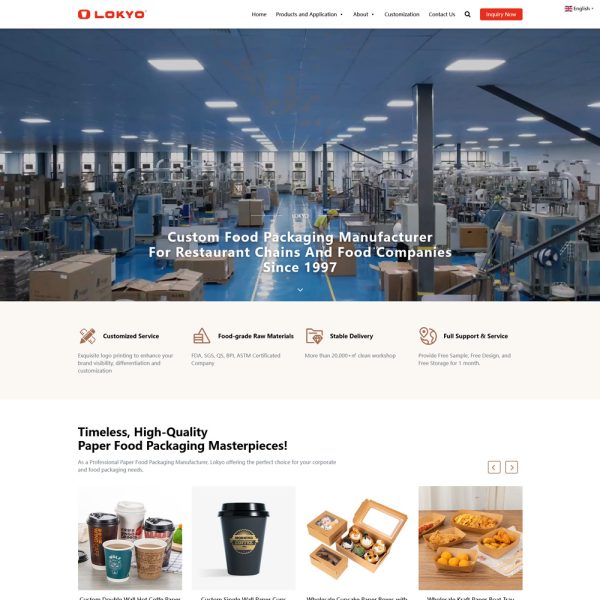
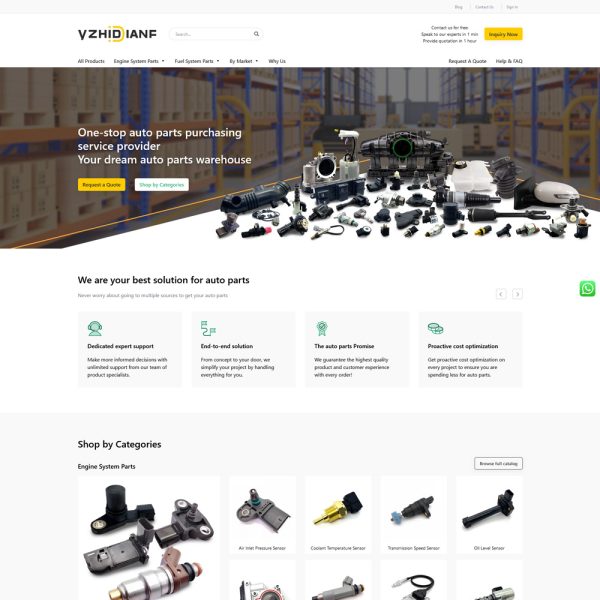
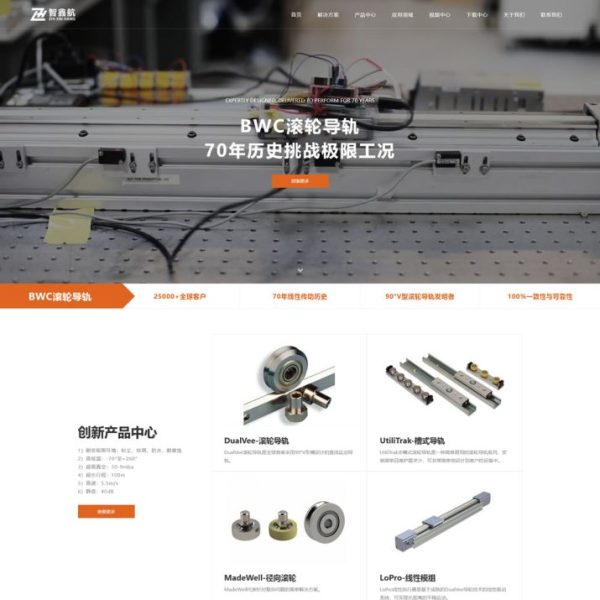
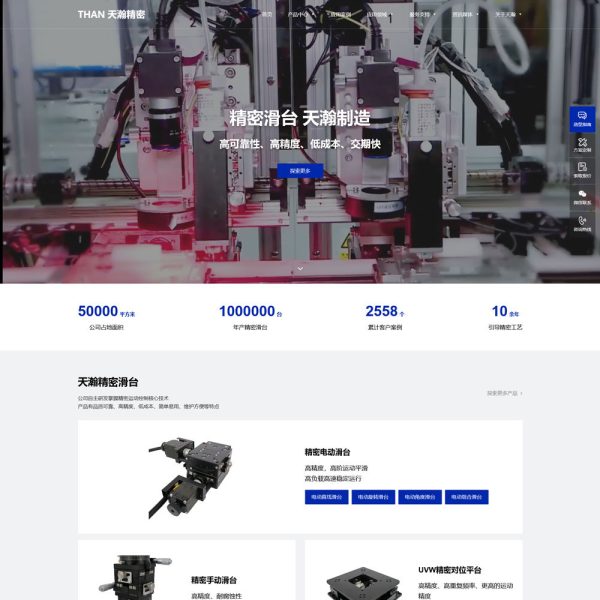
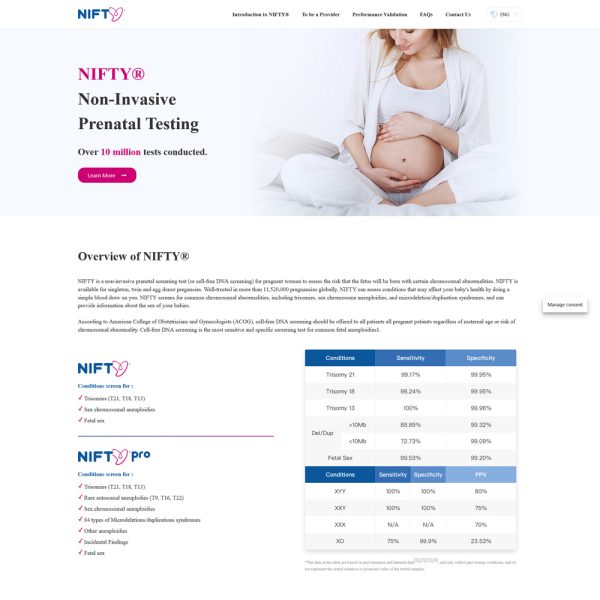
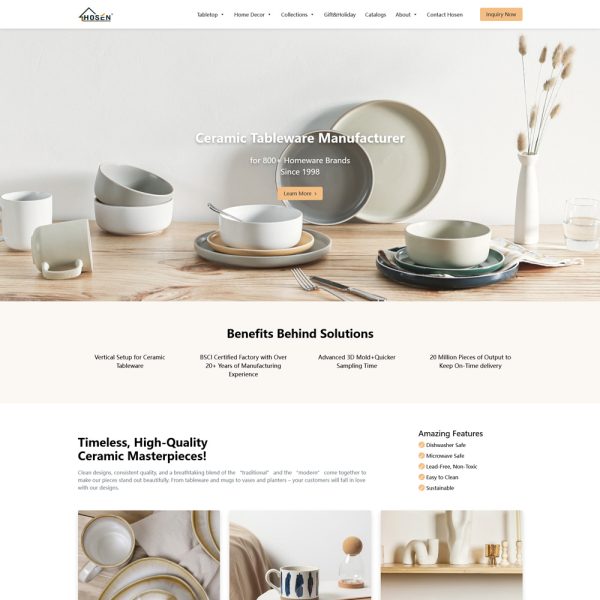
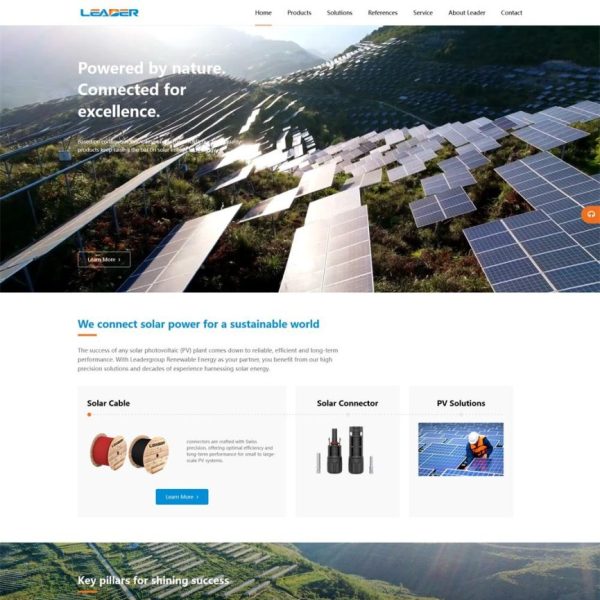
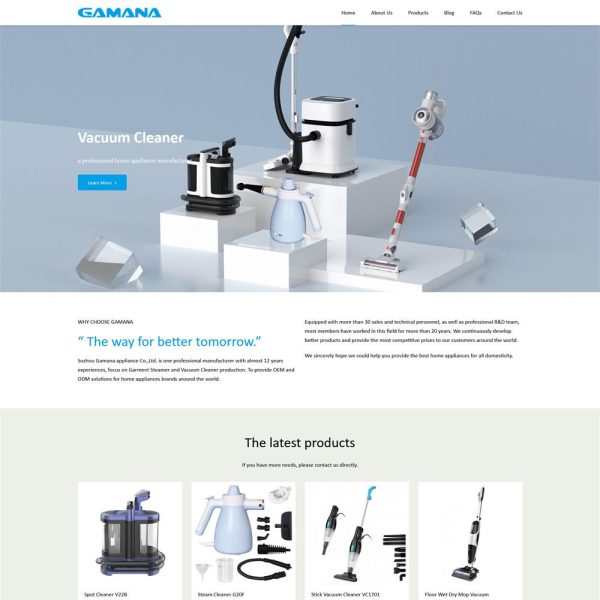
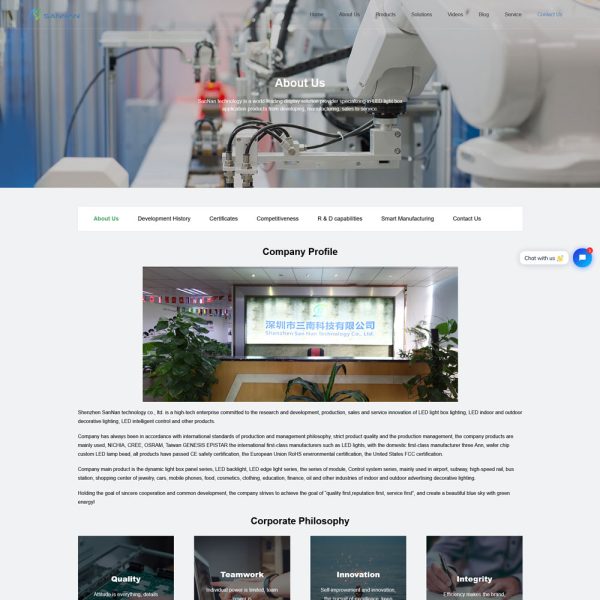

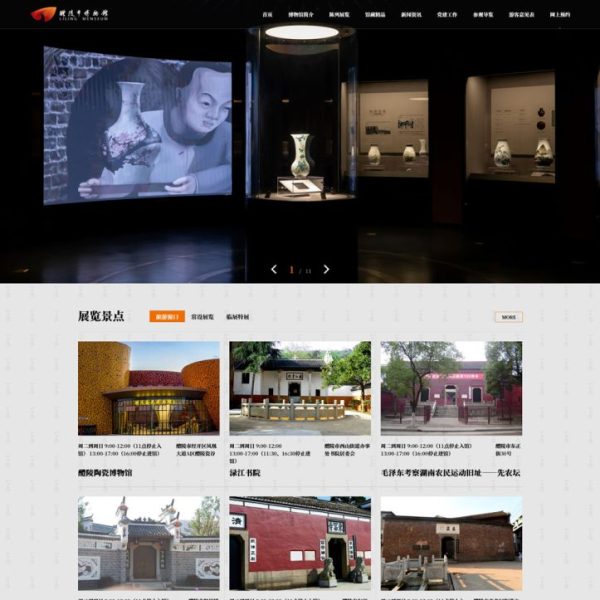



 湘公网安备43020002000238
湘公网安备43020002000238